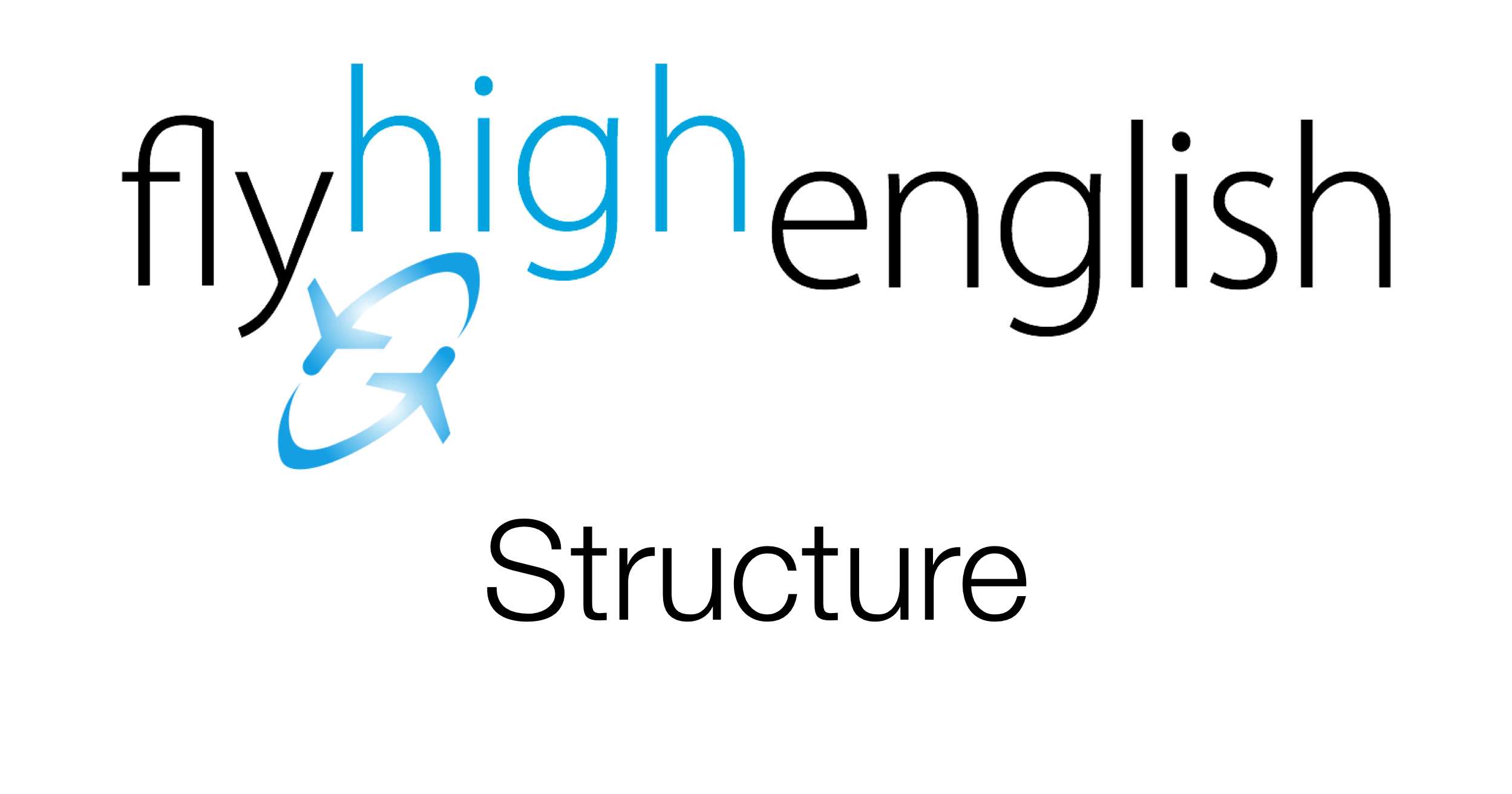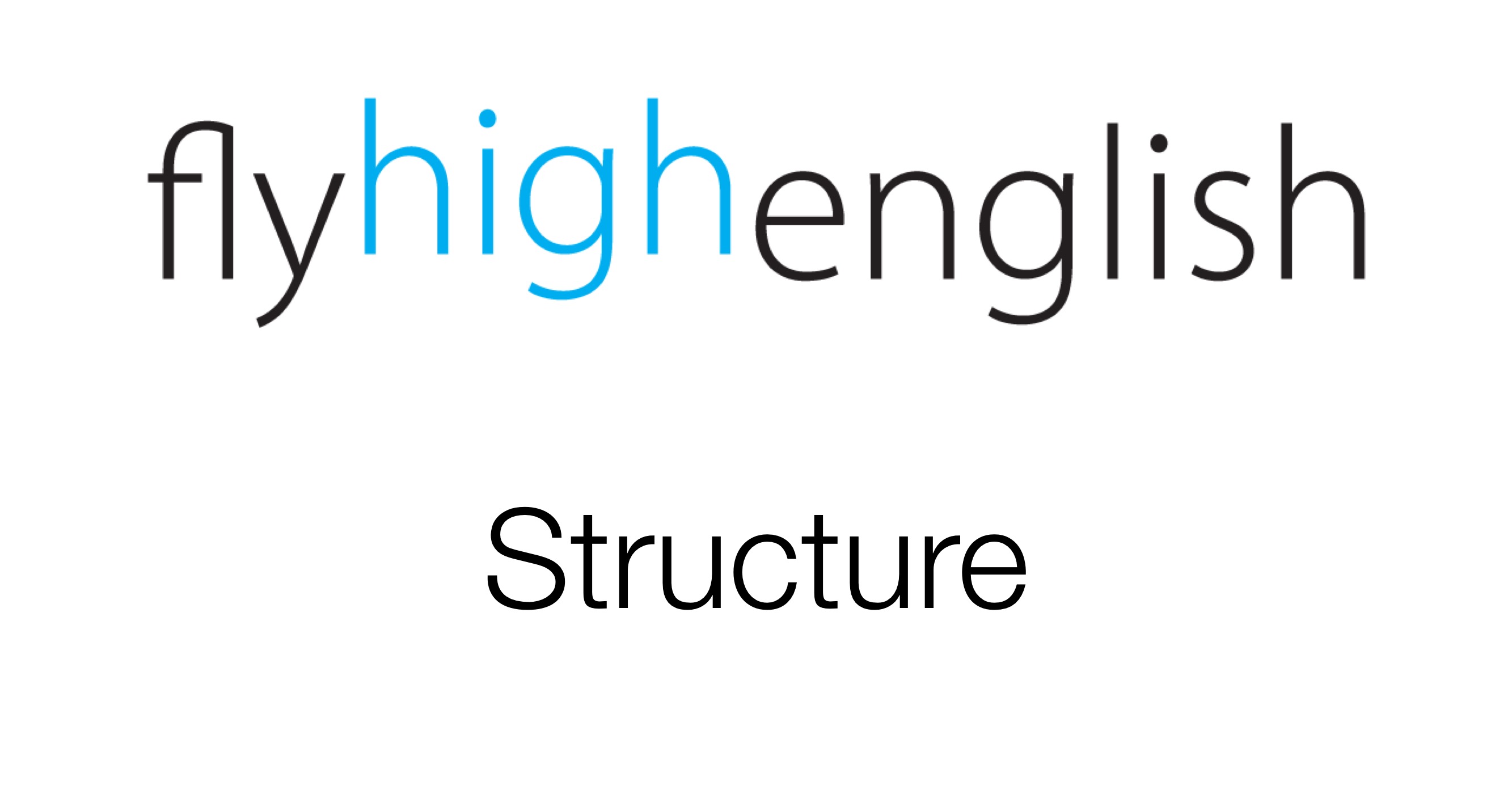
Time references for modal verbs
Adding to what we saw previously, we look at the time reference for our modal verbs in each of their uses. Looking at our diagram below, we can see that to talk about ability in the past we use ‘could’ and in the present we use ‘can’.
Ability in the future?
Then how do we talk about ability in the future? Well, in the future we use ‘be able to’.
eg. By next year I’ll be able to fly three single engine aircraft.
‘Be able to’ isn’t a modal verb so it isn’t in our list, but we can use it with a similar meaning to a modal verb with time references unavailable to our modal verbs (i.e. not just future, but also with present perfect, after ‘would’ etc…).
Follow us on Twitter here or Facebook here or more great content!










